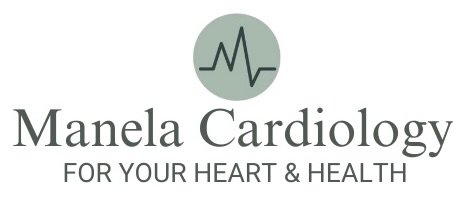Should I See a Cardiologist?
This may sound like a silly question, but if one suffered a heart attack, would there be any question?
If one suffers from heart failure, would there be any question?
If one has arrhythmia, would there be any question?
Of course, in all these scenarios, it would be a no-brainer that a cardiologist should be onboard to guide optimal management.
But what if you were male in your early 40s, had mild obesity and, at random occasions, noticed your blood pressure was mildly elevated. Typically, you would be seen by your primary care doctor who would read you the riot act regarding weight loss, exercise and keeping to a better diet; and in some cases, depending on what your blood pressure was at the time of the visit, may even start you on a medication. On your way out of the office, your spouse muses and says, “hey, should you be seeing a cardiologist?”
Again, it seems silly. Why would a cardiologist be needed? Further follow-up would probably reveal better blood pressure. And though the chap didn’t get around to loosing much weight nor make changes in his lifestyle, the old adage seems appropriate – “no harm, no foul.” Life goes on, with periodic visits to the primary care doctor.
Fast forward a few years later, this patient is on two medications for blood pressure control, is starting to develop increasing shortness of breath with exertion and now the primary care doctor is worried! Does this patient have heart disease? Is there underlying coronary artery disease? An urgent consultation is now placed with the cardiologist. So, what is it really a silly question? No. Should this gentleman have had a cardiologist much earlier in his care? Yes!
Today, most referrals to a cardiologist stem from a place of urgency; the patient’s overt symptoms are dictating a more urgent evaluation and likely intervention. Primary care did its due diligence; the changes in lifestyle were not actualized, the medications lost their effect and overt heart disease now unfolded.
And as the boundaries for intervention push forward, it seems ever clearer that the cardiologist now plays a more defined role in being the gatekeeper for which intervention is most appropriate.
But when did their role in primary prevention get forgotten? When did it become obsolete to send a patient to a cardiologist for the opportunity of better education, better screening, and better follow up – all in hopes of preventing the actual disease-state that only a cardiologist knows best?
This is the place where a cardiologist can really make the greatest impact. For as heroic a stent deployment is in the context of a heart attack, it remains even more heroic to prevent the disease from happening altogether.
Keep this in mind when you visit your primary care doctor. Consider an early referral to your local cardiologist. Make the investment that could prove lifesaving in the years to come.


